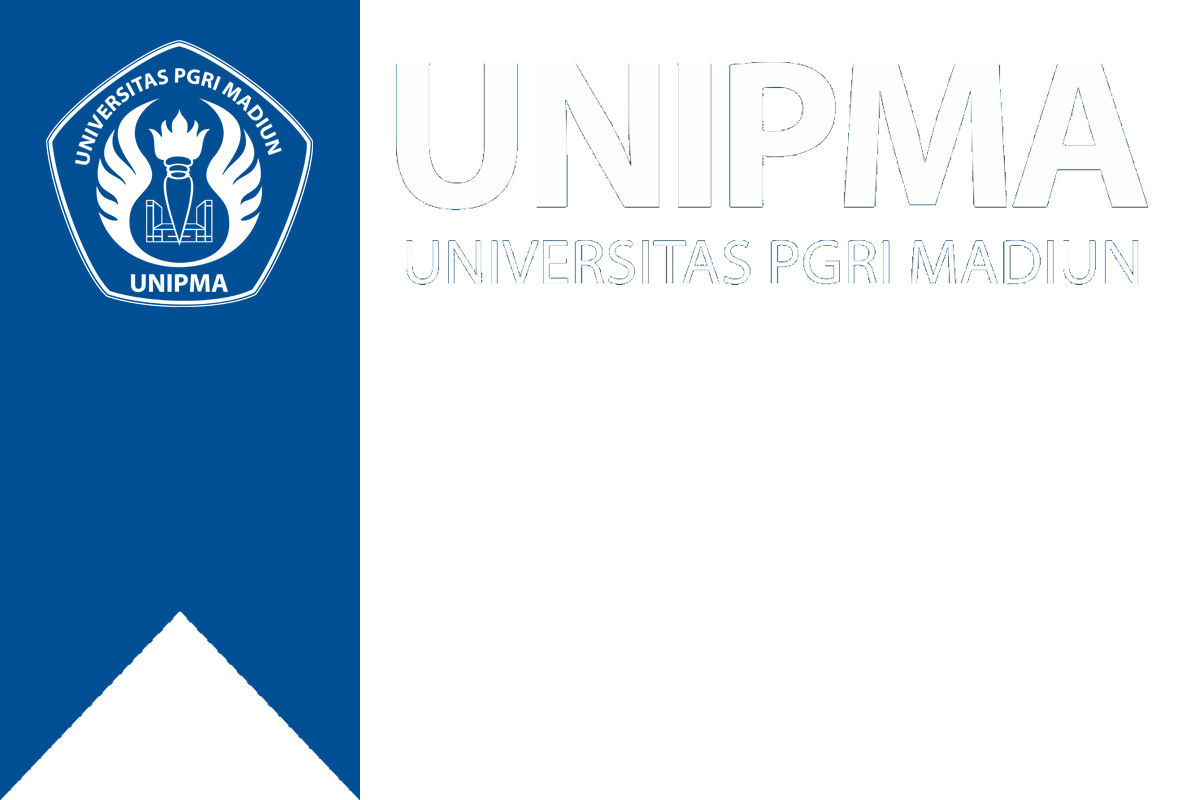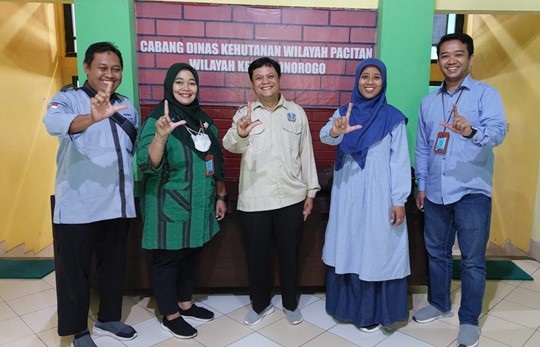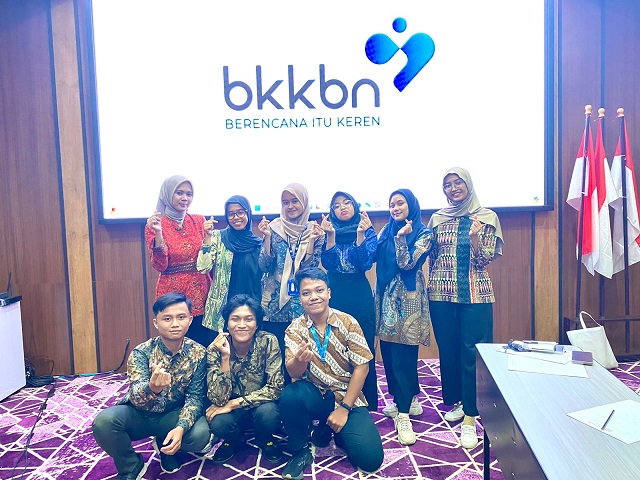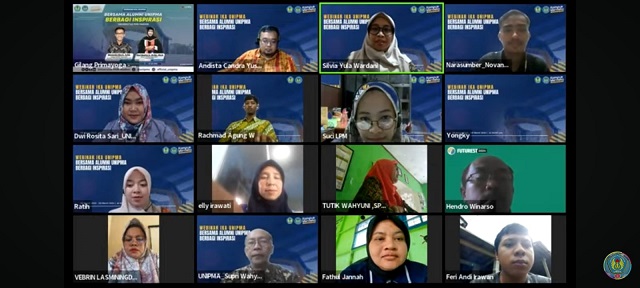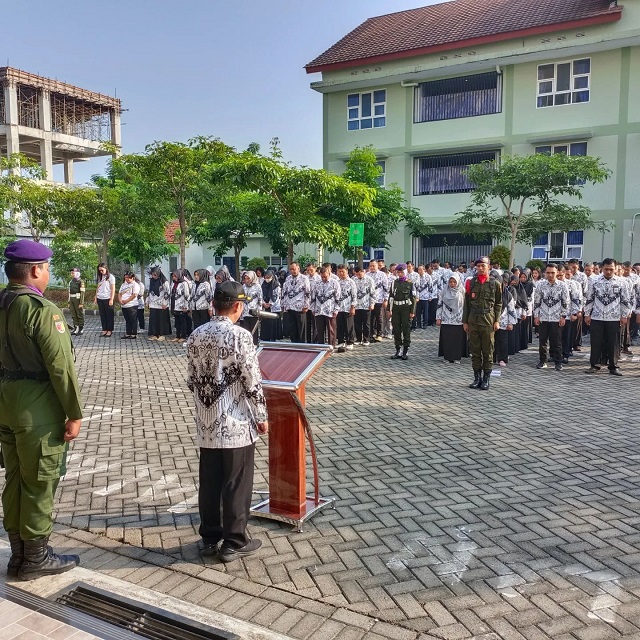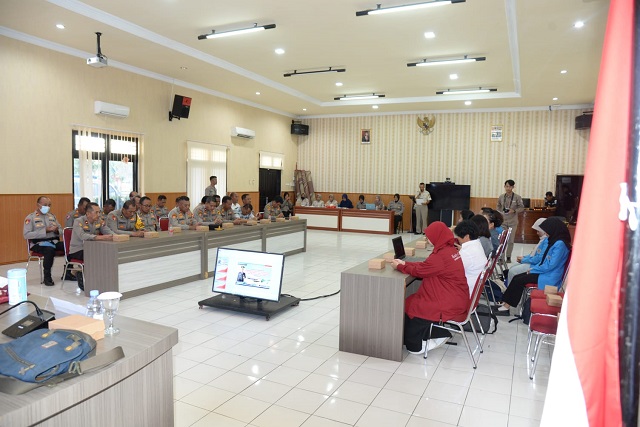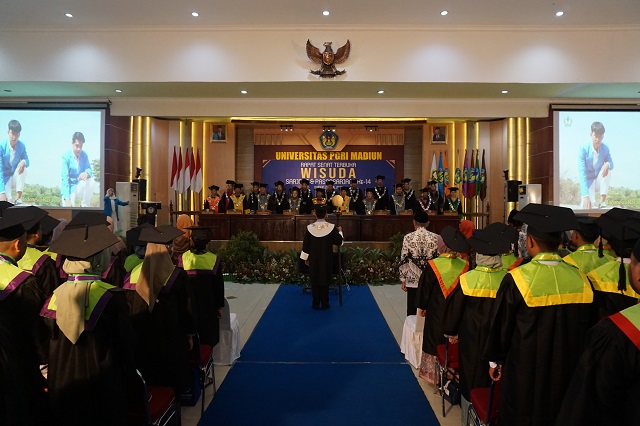UNIPMA Faculty of Engineering, Ready to Implement Appropriate Technology for Agra Lestari Forest Farmers Group
Lecturers at the Faculty of Engineering, Universitas PGRI Madiun (UNIPMA) made a visit to Selur Village, Ngrayun District, Ponorogo Regency which was carried out on (19/10/2022). This activity aims to implement Appropriate Technology for Agra Lestari Forest Farmers Group (KTH). Before visiting Selur village, the Dean and lecturers visited the Pacitan Regional Forestry Service Branch Office in Ponorogo and were greeted by the Head of the Pacitan Regional CDK Service (Wardono).
During a visit to the CDK office in the Ponorogo work area, the Head of the Pacitan CDK Office said that the involvement of universities to support CDK's work program was very necessary.
"We really hope that UNIPMA can collaborate with forest extension workers owned by CDK in forest conservation activities and improving the welfare of people living in forest areas," he said.
On that occasion, the Dean of the UNIPMA Faculty of Engineering, Nasrul Rofiah Hidayati, ST., M.Pd. thanked the Pacitan CDK for inviting the UNIPMA Faculty of Engineering to see firsthand the activities of the community around the forest, especially in the village of Selur Ngrayun.
After a brief explanation related to the field conditions that will be used as the location of the visit, the Dean of the Faculty of Engineering together with the Head of the Forestry Branch Office of the Pacitan Region and their entourage went together to Selur Ngrayun village to see firsthand the activities carried out by KTH Agra Lestari related to pine resin tapping activities. . During the trip to the location, there are always sustainable natural scenery and village settlements located on the slopes of the Ngrayun hill. After a 1 hour journey, the group arrived at the location of the Agra Lestari forest farmer group.
In the discussion, it was explained that this pine resin tapping activity was carried out by KTH Agra Lestari as a form of concern for the forest edge community for the ecosystem in the forest. Considering that the threat of tree cutting, especially in the Selur village area, Ngrayun sub-district, is still quite high. Many villagers prefer to sell pine trees in community forest areas than to carry out other activities in managing the potential of community forests.
“Since the last 3 years, KTH Agra Lestari has been trying to provide an example and education to the community regarding pine resin tapping activities, which have proven to be able to provide additional income benefits for pine tree owners. Members of KTH Agra Lestari also established a group for tapping pine sap, with the aim of reducing the behavior of cutting down pine trees,” explained Suprapto, S.Sos as the village head of Selur.
The delegation from the Dean of the Faculty of Engineering also saw the pine resin harvested by the local community. From the results of interviews with group administrators, they said that so far the management had experienced problems in financial accounting from the results of this pine resin tapping activity. The current financial bookkeeping is considered too complex and requires a touch of information technology in financial accounting activities in the form of financial management applications. Responding to these complaints, the Faculty of Engineering will do community service in the form of making applications that are easy to use for the resin group and increase the trust of members in financial management of the pine resin business.
According to the deputy dean of the 2nd Faculty of Engineering UNIPMA, Hani Atun Mumtahan, S.Kom., M.Kom. This information technology will be made specifically for farmer groups and will involve competent lecturers, students and partners in the development of management information systems. Seeing the natural potential that exists in Selur, the Faculty of Engineering will participate in maintaining the ecosystem in the forest sustainability program which is also one of the community service programs of the UNIPMA Faculty of Engineering.
